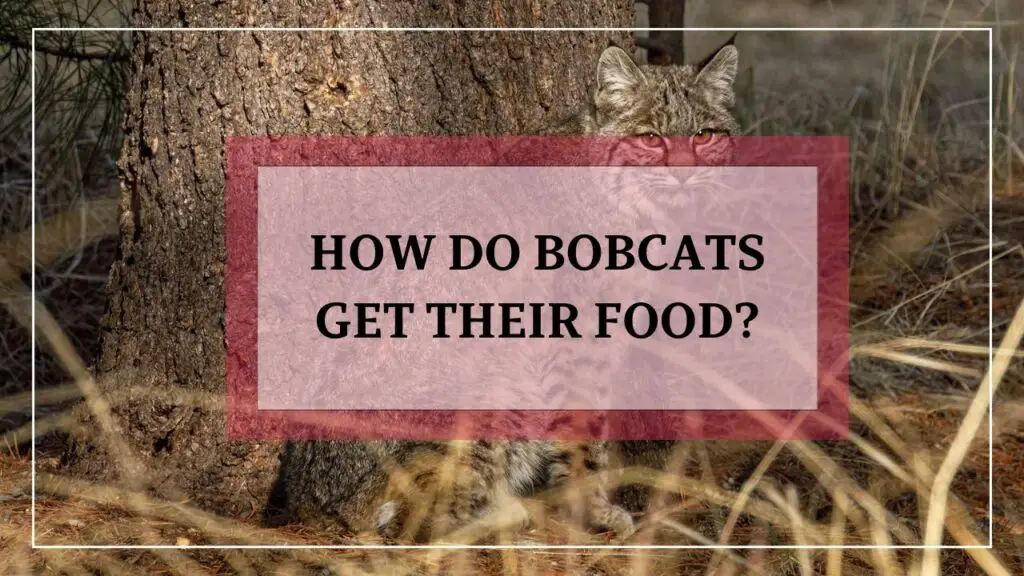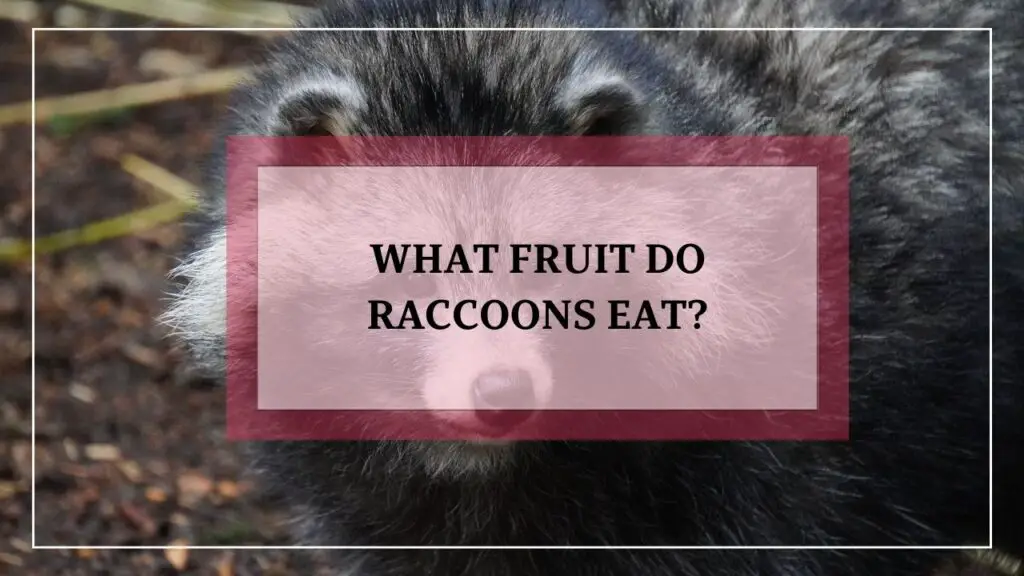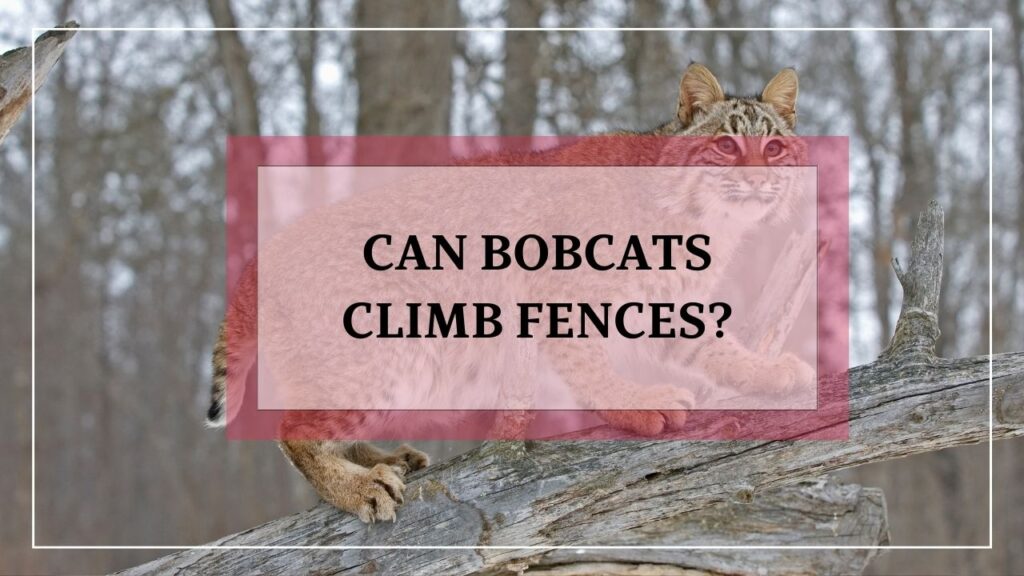Have you ever wondered how bobcats get their food? Well, today we are going to find out! Bobcats are amazing wild cats that live in North America. They have a unique way of hunting and catching their meals. Just like your pet cat, bobcats are carnivores, which means they eat meat. But unlike your furry friend, they don’t rely on humans to give them food. Bobcats are excellent hunters and they use their strong senses and sharp claws to catch their prey. They mainly eat small animals like rabbits, squirrels, and birds. These sneaky hunters are very patient and wait for the perfect moment to pounce on their unsuspecting meal. Some bobcats are even skilled climbers and can jump high in the air to catch birds right out of the sky! So, let’s dive into the world of bobcats and discover how they get their food.
Understanding the Diet of Bobcats
Explanation of the carnivorous nature of bobcats
Bobcats, my friend, are true carnivores. They have a diet that consists mainly of meat. These furry felines are skilled hunters and rely on their hunting abilities to survive. So, if you ever come across a bobcat, make sure not to offer it a salad or a fruit basket. They’ll politely decline, I assure you.
Overview of the various types of prey they consume
Now, let’s talk about the menu of these wild cats. Bobcats have quite the appetite, and their prey options are diverse. They have a taste for small mammals like mice, squirrels, and rabbits. Think of them as the ultimate rodent exterminators. But wait, there’s more! They also enjoy dining on birds, reptiles, and sometimes even insects. It’s like they’re running their own Michelin-starred restaurant out there in the wild.
So, if you ever see a bobcat lurking in the shadows, remember that they’re on the lookout for a delicious meal. And I don’t know about you, but I certainly wouldn’t want to be on their menu!
Bobcat Feeding Habits
Description of the Bobcat’s Solitary Feeding Habits
When it comes to mealtime, bobcats prefer to dine alone. They are solitary creatures, so you won’t typically find them sharing a meal with friends or family. Instead, they like to have their personal space while enjoying their delicious feast. Just imagine them sitting at a tiny table with a napkin tucked under their chin – it’s quite a sight!
Related Article:Do Raccoons Wash Their Food?
Explanation of Their Preference for Fresh Kills
Bobcats are quite the picky eaters. They have a strong preference for fresh kills, meaning they like their food to be as fresh as possible. It’s like they have their own personal chef who prepares their meals just the way they like them. They can be quite the food critics, turning up their noses at anything that doesn’t meet their high standards of freshness.
Discussion of Caching Behavior and Storing Food for Later Consumption
You might think that bobcats are all about instant gratification when it comes to food, but they actually have a clever strategy for later snacking. They are known to engage in caching behavior, which means they store their food for later consumption. It’s like they have their own secret pantry hidden away in the wilderness.
Bobcats will often bury their prey, whether it’s a tasty rabbit or a delectable bird, to keep it safe and secure. They have an impressive sense of smell, so they can easily locate their hidden treasures when hunger strikes again. It’s like a game of hide-and-seek, but instead of finding a person, they find a delicious meal!
Related Article:Do Whales Chew Their Food?
So, the next time you see a bobcat enjoying a solitary meal or sniffing around for a hidden snack, remember their sophisticated dining habits. These cunning creatures know what they like and aren’t afraid to store their food for a rainy day.
FAQs
1. What do bobcats eat?
Bobcats are carnivorous animals and their diet mainly consists of small mammals such as rabbits, mice, squirrels, and birds. Occasionally, they may also consume larger prey like deer or livestock if the opportunity arises.
2. How do bobcats hunt for their food?
Bobcats are skilled hunters that primarily rely on stealth and ambush tactics to catch their prey. They patiently stalk their target, taking advantage of their excellent vision and hearing. When the time is right, they pounce on their prey with a quick and powerful leap, using their sharp claws and teeth to secure a successful catch.
3. Do bobcats scavenge for food?
While bobcats are primarily hunters, they can scavenge for food if necessary. In times of scarcity or when an easy opportunity arises, they may feed on carrion or consume the remains of other animals. However, scavenging is not their primary method of obtaining food.
Related Article:How Do Bobcats Get Rabies?
Conclusion
In conclusion, bobcats are fascinating and highly skilled hunters. Their carnivorous nature and ability to adapt to different environments allow them to thrive in various habitats. Their exceptional eyesight and hearing contribute to their stealthy hunting behavior, making them effective predators.
Bobcats have a diverse diet that primarily consists of small mammals, with a particular emphasis on rabbits. They employ different hunting strategies when targeting birds and reptiles, showcasing their versatility as hunters.
Seasonal variations in food sources play a significant role in bobcat diet, as they adapt their hunting behavior based on prey availability. Food scarcity can influence their hunting patterns, highlighting the importance of a balanced ecosystem.
Bobcats exhibit solitary feeding habits, preferring fresh kills and often storing food for later consumption. These feeding behaviors contribute to their survival and ability to thrive in their environment.
Related Article:How Do Bobcats Get Energy?
However, conflicts between bobcats and humans can arise, particularly when it comes to livestock predation. Implementing strategies to prevent encounters with bobcats is essential to mitigate these conflicts and protect both human and animal interests.
Conservation efforts for bobcats are crucial to ensure their continued existence. Hunting regulations play a vital role in maintaining healthy bobcat populations, while habitat preservation and protected areas help safeguard their natural habitats.
In conclusion, bobcats are remarkable predators that deserve our appreciation and support. By understanding their diet, hunting techniques, and conservation needs, we can contribute to their long-term survival. Let us join together in supporting bobcat conservation efforts and learning more about these incredible animals.
Related Article:How Did Bobcats Get Their Name?

Hi, I’m Ali Tarek, the founder of Animalsman. I’ve always been passionate about pets, especially dogs and cats, and I created this website to share practical tips, easy recipes, and helpful care advice for fellow pet lovers. My goal is to make pet care simple, enjoyable, and accessible for everyone. When I’m not writing or curating content, you’ll usually find me spending time with my furry friends or learning new ways to keep them happy and healthy.



